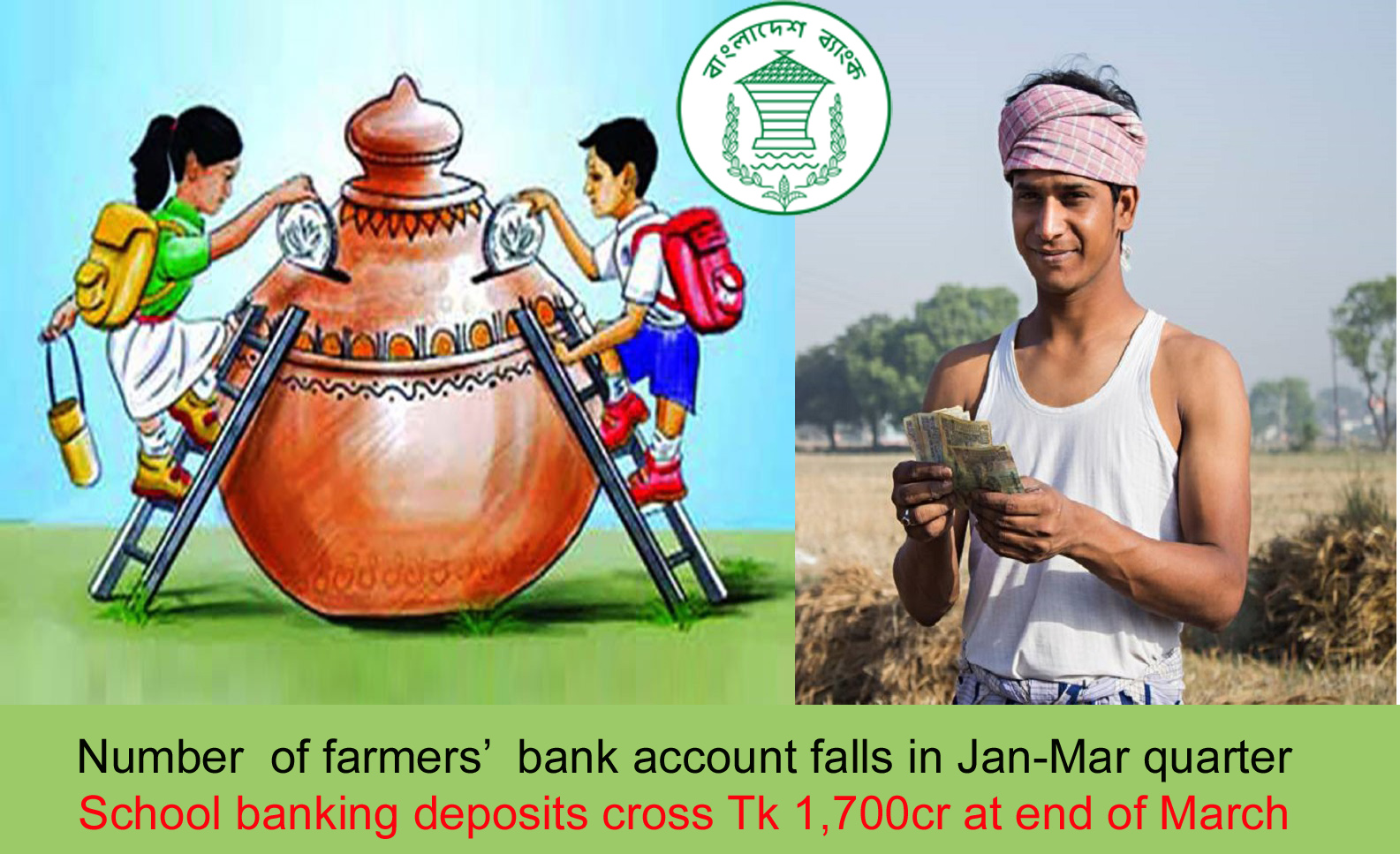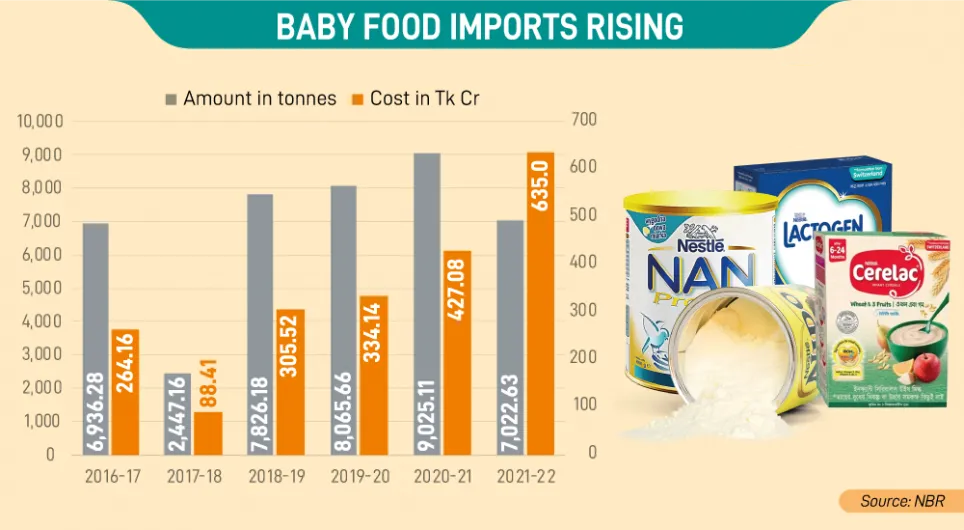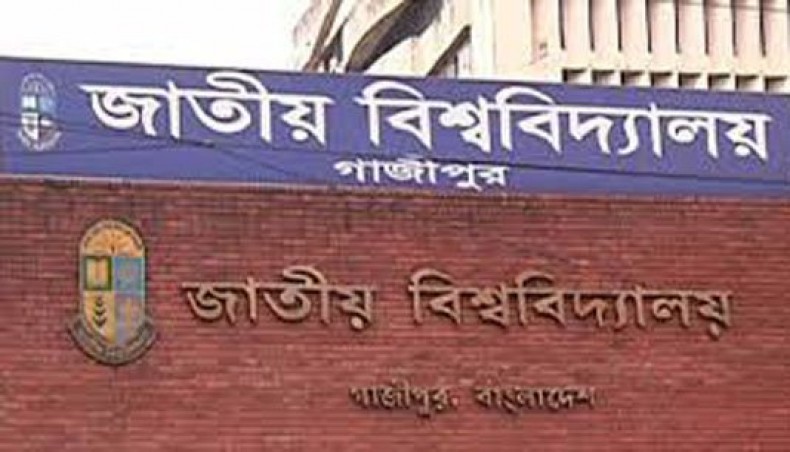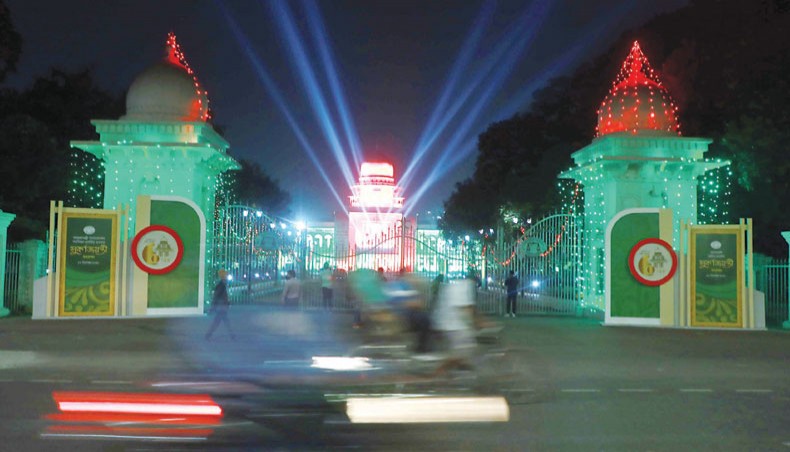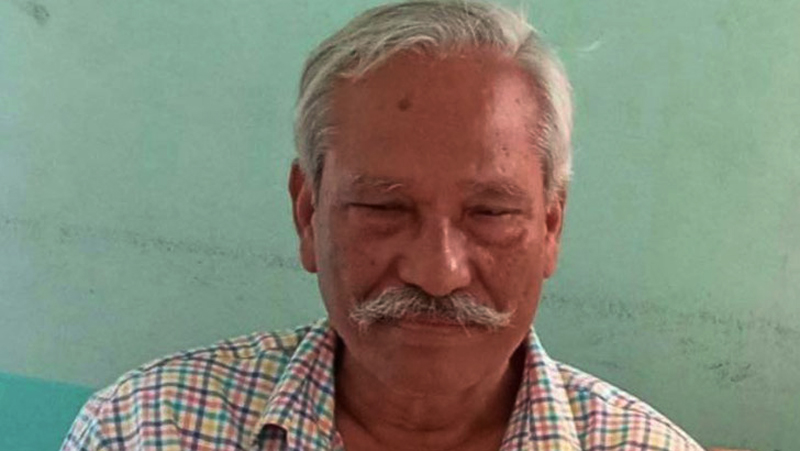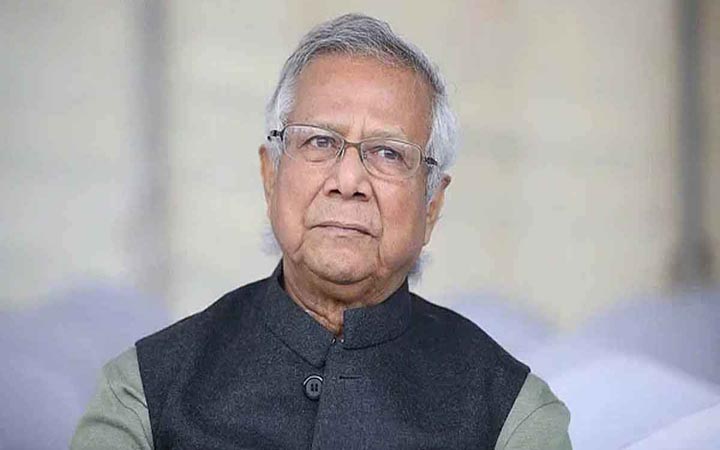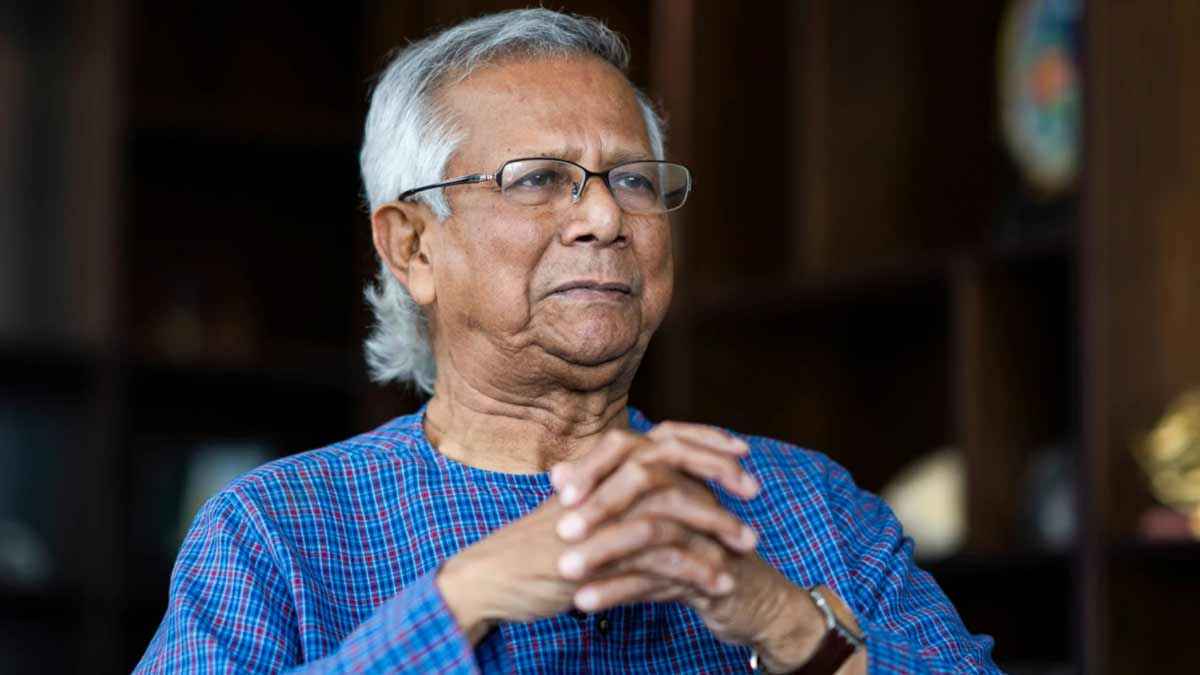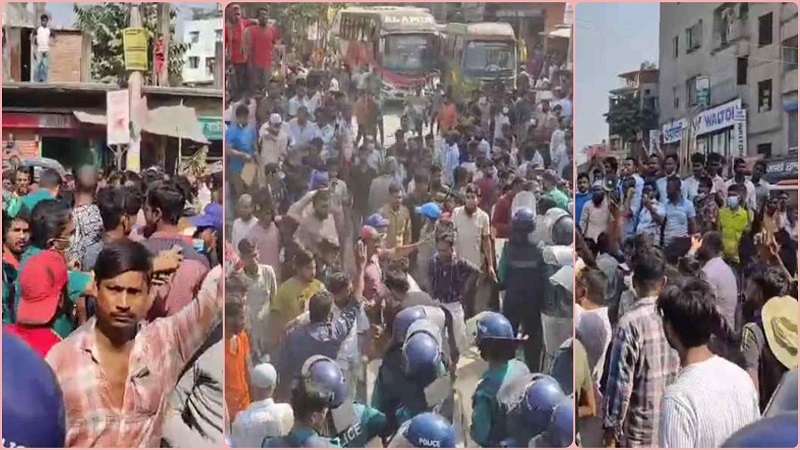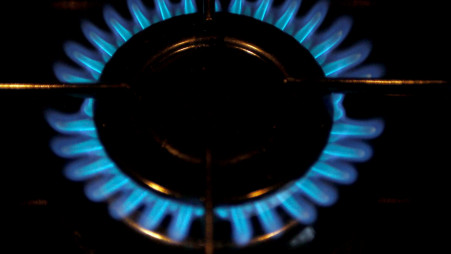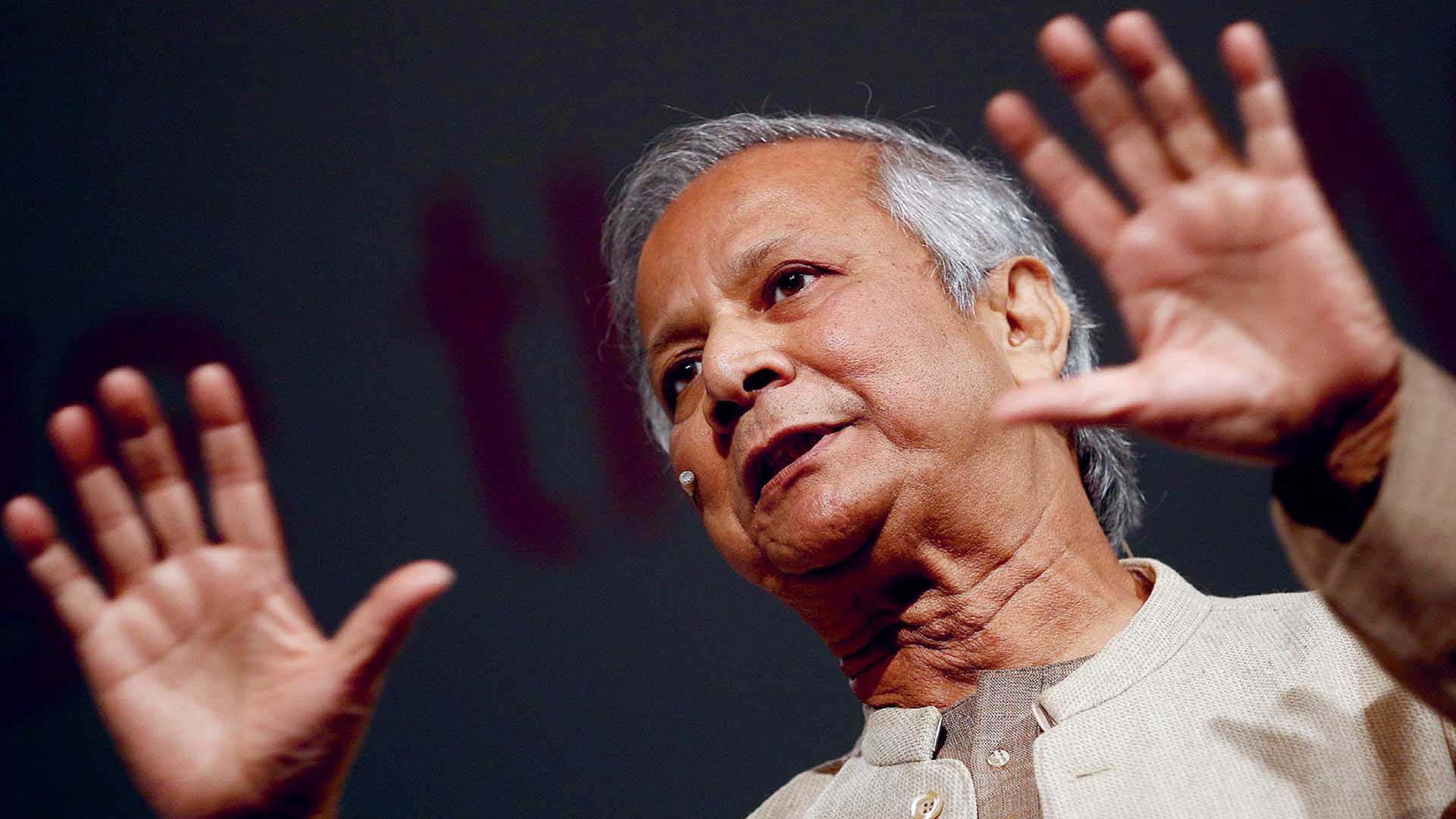The number of bank accounts of farmers fell by 35,816 in the January-March period of the year 2020 due mainly to the banks’ decreased attention to such accounts.
As per a Bangladesh Bank report, the number of bank accounts of farmers dropped to 1,01,50,794 at the end of March this year from 1,01,86,605 three months ago.
Considering the 99,89,906 bank accounts of the farmers in the March-end quarter of the year 2019, the number of accounts increased by 1,60,888 in one year.
The BB report mentioned that 46,699 bank accounts of farmers in Sonali Bank were closed during the period and that was why the number of total accounts dropped during the quarter even though the number of farmer bank accounts in the other banks remained almost unchanged.
As part of the BB financial inclusion programme introduced in 2010, banks are supposed to open bank accounts of farmers with an initial deposit of Tk 10 to ensure transparent distribution of farm loans and subsidies and to bring farmers’ savings to the banking channel.
However, the BB instruction barred banks from imposing any charge on maintaining these accounts thus making the banks reluctant to offer motivation to the accountholders.
The BB data also showed that the deposits in the farmers’ bank accounts increased by only Tk 10 lakh in the January-March period.
With the increase, deposits in farmer bank accounts increased to Tk 351.86 crore.
On average, each account contained only Tk 346.63, a reflection of poor financial state of the farmers.
Besides allowing opening of bank account, the central bank earlier introduced a refinance scheme with a lower rate of interest to make the Tk 10 farmer accounts vibrant, but the initiative virtually failed, a BB official said.
The BB issued a circular saying that the farmers having Tk 10 accounts would get loans under a BB refinance scheme worth Tk 200 crore at the interest rate of 9.5 per cent.
According to the circular, the banks may impose a maximum seven per cent interest if they disburse loans under the scheme through microfinance institutions which will be allowed to charge rate of interest highest 9.5 per cent on the loans.
As of September this year, the loan disbursement to the farmers in the January-March quarter dropped to Tk 135.22 crore at the end of March this year from Tk 142.85 crore three months ago.
At the September-end quarter of the year 2019, banks disbursed Tk 155.44 crore to 47,326 farmers from the refinance fund.
Asked the about reason behind the decline in the number of famers’ accounts, Sonali Bank managing director Ataur Rahman Prodhan told New Age, ‘It could be because of loan adjustments by the farmers and subsequent closure of the accounts by them.’
Ataur said that the bank had a number of loan programmes in progress which were meant for the farmers.
Among others, the bank has a Tk 50 crore interest-free loan programme after the name of the country’s founding president Sheikh Mujibur Rahman, he said.
The government has so far provided subsidy through 21.84 lakh farmer accounts. Only Tk 67.86 crore was deposited in the accounts at the end of September, 2019.
The BB report showed that the deposits in school banking accounts exceeded Tk 1,700 crore at the end of March this year.
The total amount of deposits stood at Tk 1,724.63 crore in 23,29,131 school banking accounts at 55 scheduled banks as of March 31, 2020.
The deposit amount and the number of accounts increased by 6.09 per cent and 16.87 per cent, respectively, during the January-March quarter.
BB officials said that tightening of savings certificates sales by introducing mandatory use of tax identification numbers and online system and increase in tax on the savings tools might have prompted many parents to deposit money in the school banking accounts that offered relatively higher interest rates.


